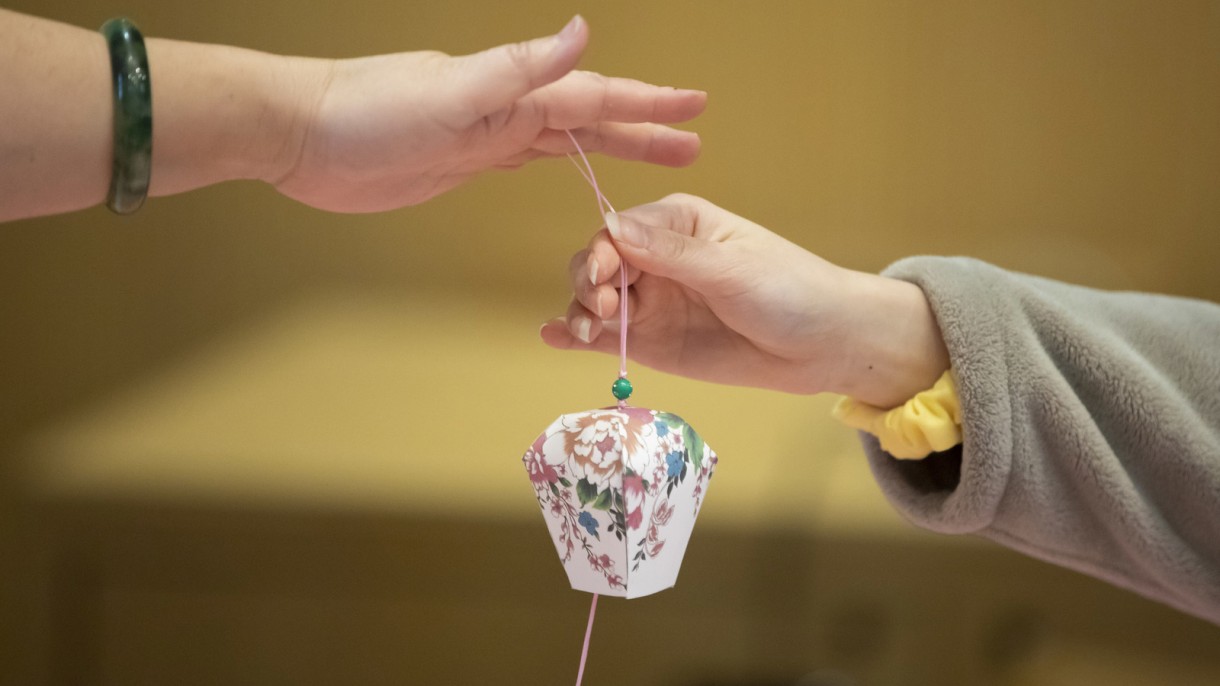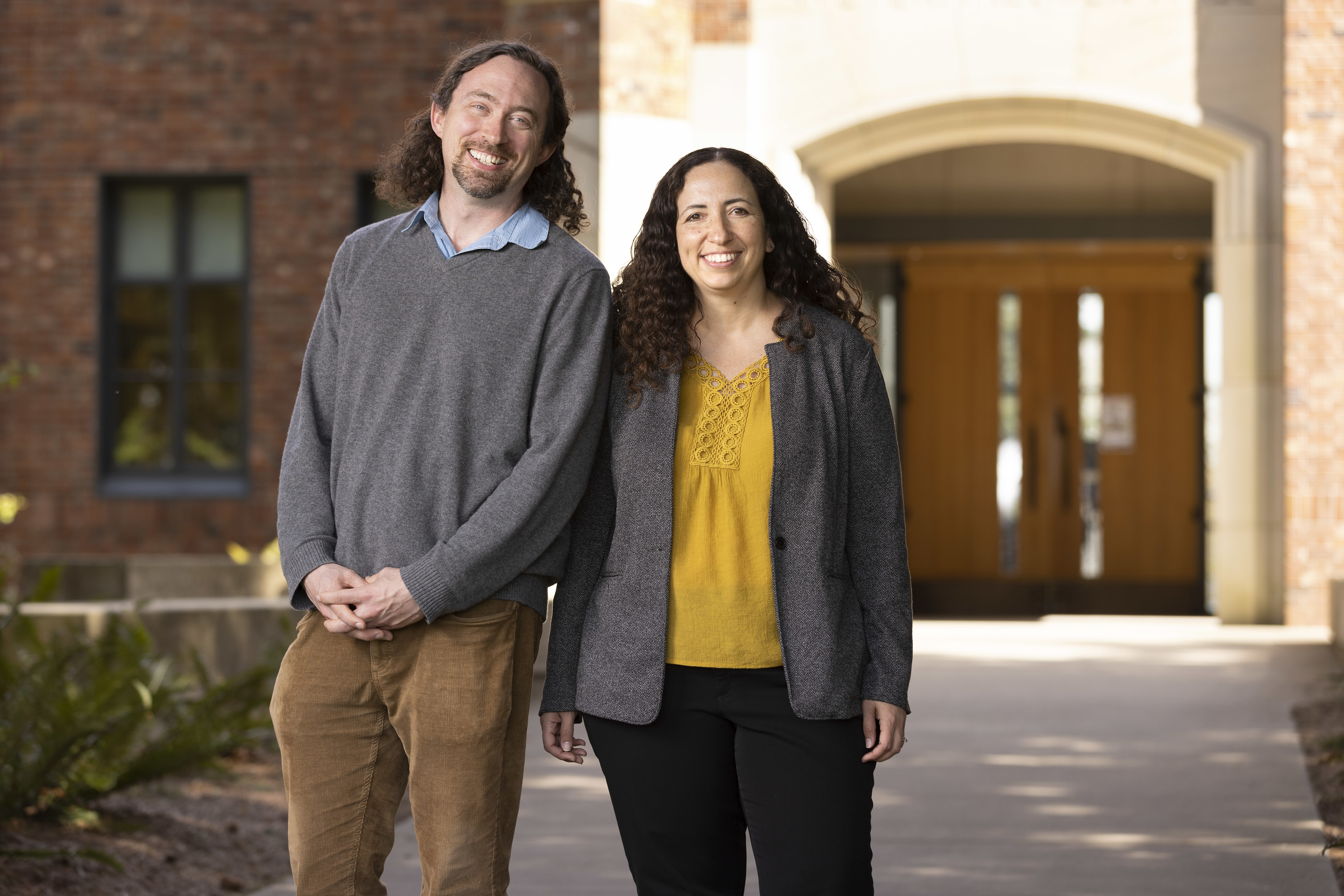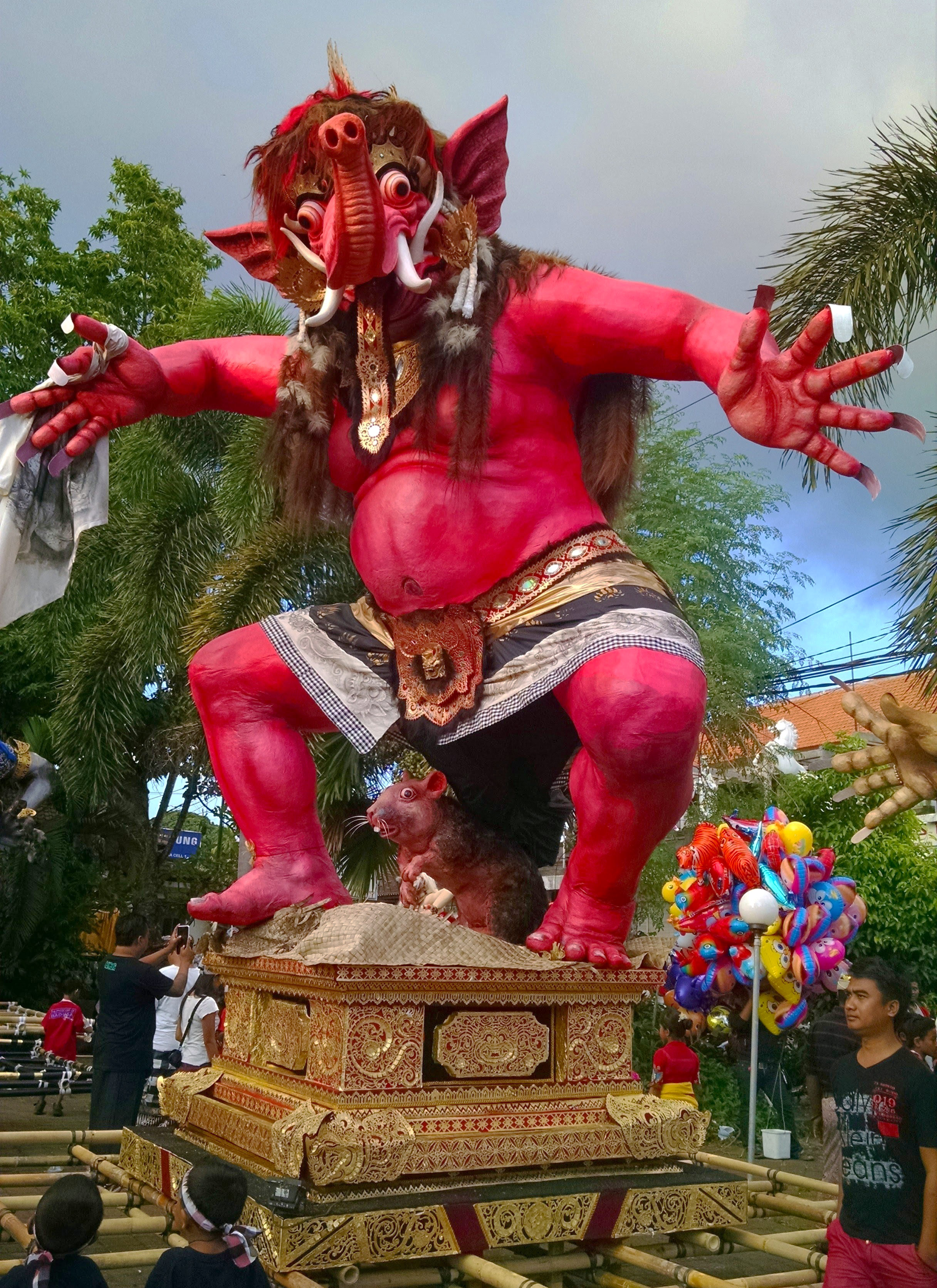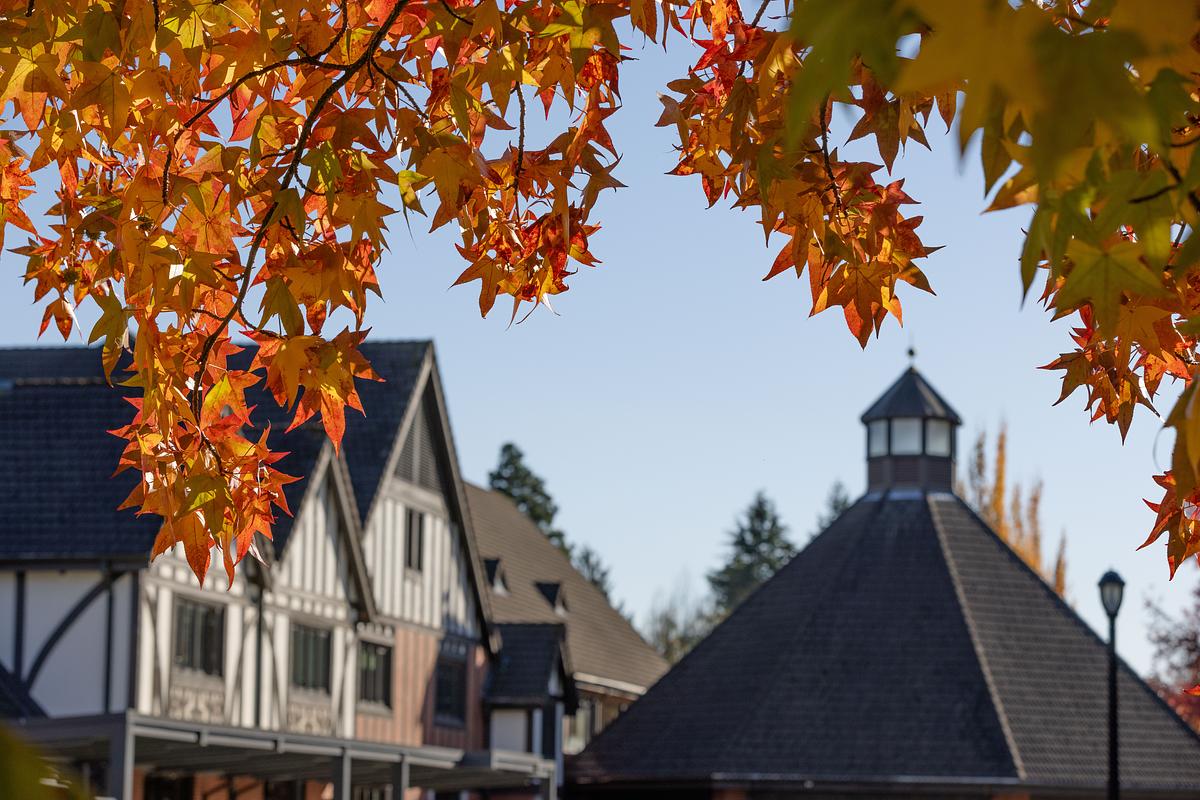Five questions with Kristin Johnson, professor of science, technology, and society
As a professor of science, technology, and society, Kristin Johnson has interests ranging from conservation biology to the history of science and religion. She’s also a prolific writer whose newest book is set against the backdrop of the heated argument surrounding evolution in the 1920s. Her novel, The Species Maker is now available for pre-order and will be in bookstores on Oct. 26. We sat down with her to talk about the book, her research, and how we can better understand today’s divisive scientific controversies.
Q: You have a novel, The Species Maker, coming out this fall. Without spoiling it, what is the book about?
A: The book is set in and around Seattle in 1925 during the Scopes trial, which is this very famous court case about whether evolution should be taught in schools. It’s a subject that I teach about it my classes, so I tried to combine that with my research on the history of the naturalist tradition, entomology, taxonomy, and museum work. The novel brings those two threads together by telling the story of an entomologist named Martin who is struggling with debates over teaching evolution. I hope the story can inspire readers to think about a range of issues. The history of scientific racism, debates over science and religion, and the role of scientists in activism all show up. For example, Martin is confronted with questions about the social responsibility of scientists, and that’s still an issue that confronts scientists today. Also, it takes place in the Pacific Northwest, so readers around here will recognize some names and places!








